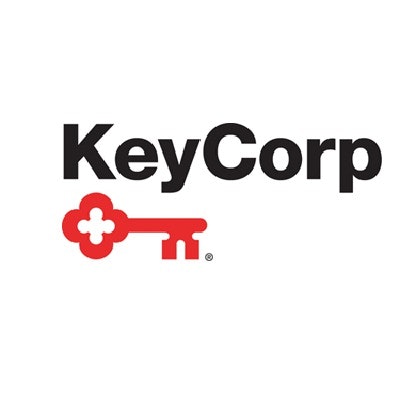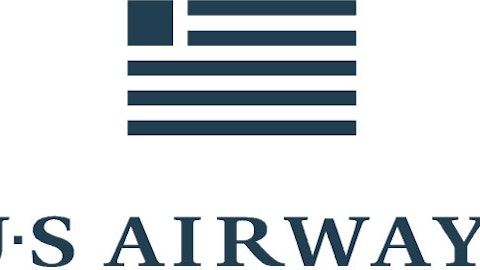KeyCorp (NYSE:KEY) has seen a decrease in hedge fund sentiment recently.
In the 21st century investor’s toolkit, there are many indicators shareholders can use to track publicly traded companies. A duo of the most innovative are hedge fund and insider trading movement. At Insider Monkey, our studies have shown that, historically, those who follow the top picks of the best investment managers can beat the market by a significant amount (see just how much).
Equally as beneficial, positive insider trading activity is another way to parse down the marketplace. There are many incentives for an upper level exec to drop shares of his or her company, but just one, very clear reason why they would behave bullishly. Several empirical studies have demonstrated the market-beating potential of this method if “monkeys” know what to do (learn more here).
With all of this in mind, let’s take a peek at the recent action regarding KeyCorp (NYSE:KEY).
How are hedge funds trading KeyCorp (NYSE:KEY)?
In preparation for this year, a total of 30 of the hedge funds we track were long in this stock, a change of -17% from the third quarter. With hedgies’ positions undergoing their usual ebb and flow, there exists a select group of notable hedge fund managers who were increasing their holdings significantly.
When looking at the hedgies we track, Third Avenue Management, managed by Martin Whitman, holds the most valuable position in KeyCorp (NYSE:KEY). Third Avenue Management has a $172 million position in the stock, comprising 3.7% of its 13F portfolio. Coming in second is Cliff Asness of AQR Capital Management, with a $101 million position; the fund has 0.5% of its 13F portfolio invested in the stock. Other hedgies with similar optimism include Jim Simons’s Renaissance Technologies, Richard S. Pzena’s Pzena Investment Management and Peter Rathjens, Bruce Clarke and John Campbell’s Arrowstreet Capital.
Due to the fact that KeyCorp (NYSE:KEY) has witnessed declining sentiment from hedge fund managers, it’s easy to see that there were a few fund managers that decided to sell off their positions entirely heading into 2013. It’s worth mentioning that Robert Pohly’s Samlyn Capital sold off the biggest investment of the 450+ funds we monitor, valued at about $41 million in stock.. Stanley Druckenmiller’s fund, Duquesne Capital, also cut its stock, about $23 million worth. These moves are important to note, as total hedge fund interest was cut by 6 funds heading into 2013.
How have insiders been trading KeyCorp (NYSE:KEY)?
Insider purchases made by high-level executives is best served when the primary stock in question has experienced transactions within the past six months. Over the last 180-day time frame, KeyCorp (NYSE:KEY) has experienced zero unique insiders buying, and 1 insider sales (see the details of insider trades here).
With the results shown by the aforementioned time-tested strategies, retail investors must always monitor hedge fund and insider trading sentiment, and KeyCorp (NYSE:KEY) applies perfectly to this mantra.
Click here to learn more about Insider Monkey’s Hedge Fund Newsletter
Insider Monkey’s small-cap strategy returned 29.2% between September 2012 and February 2013 versus 8.7% for the S&P 500 index. Try it now by clicking the link above.





